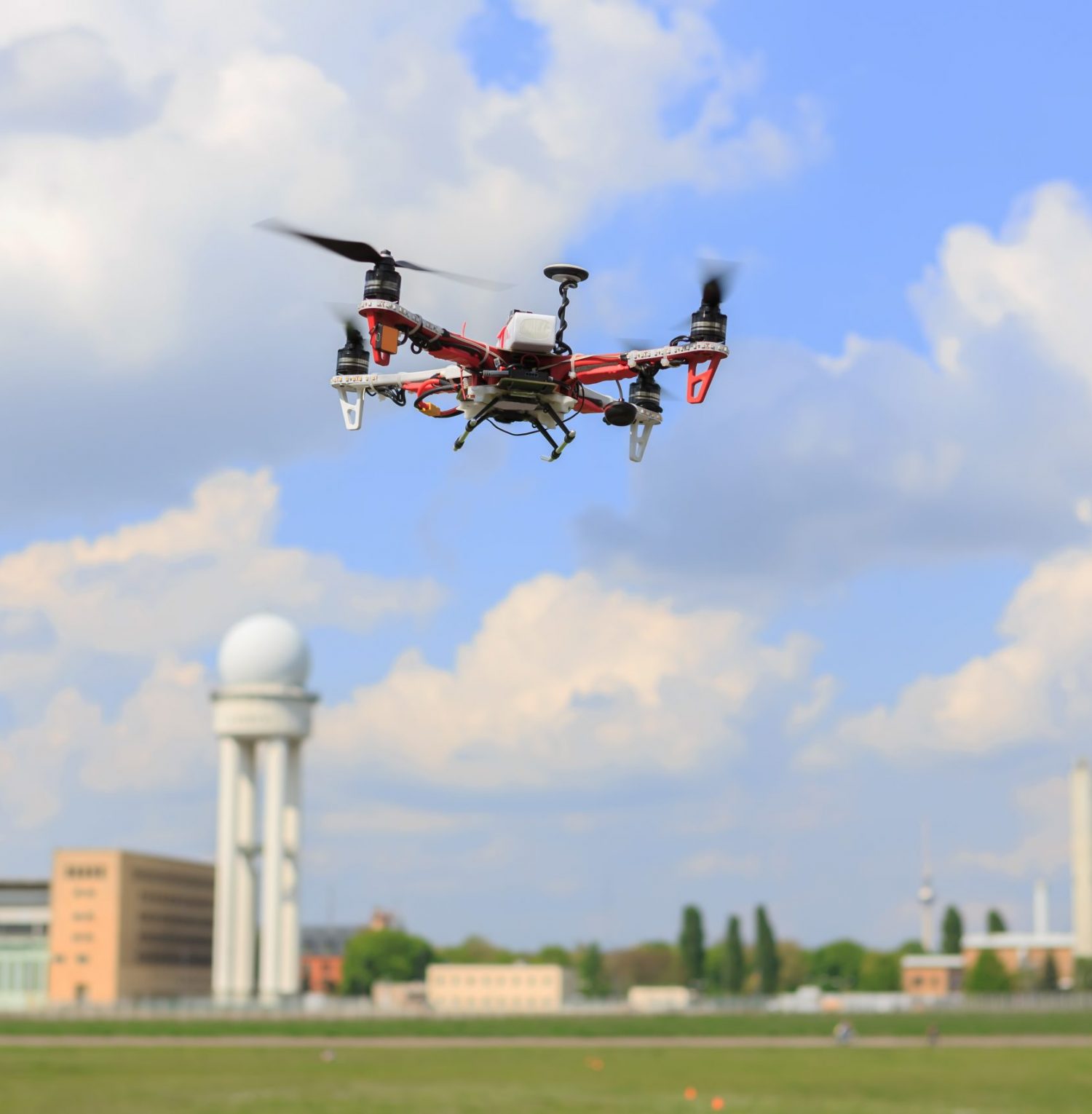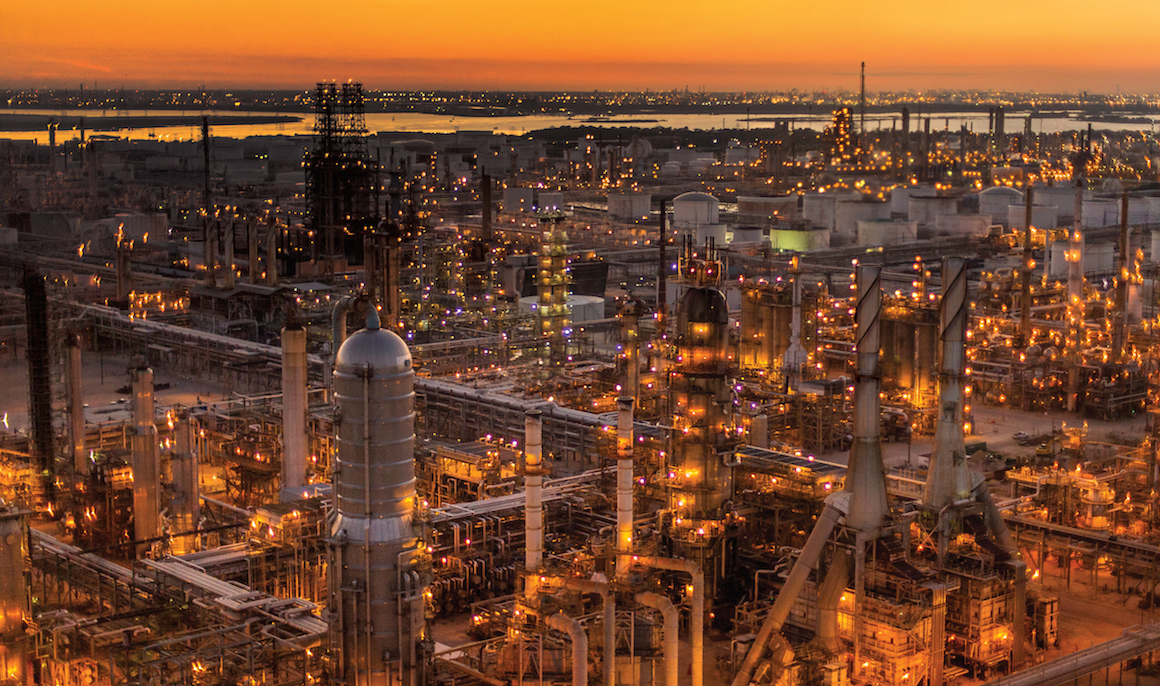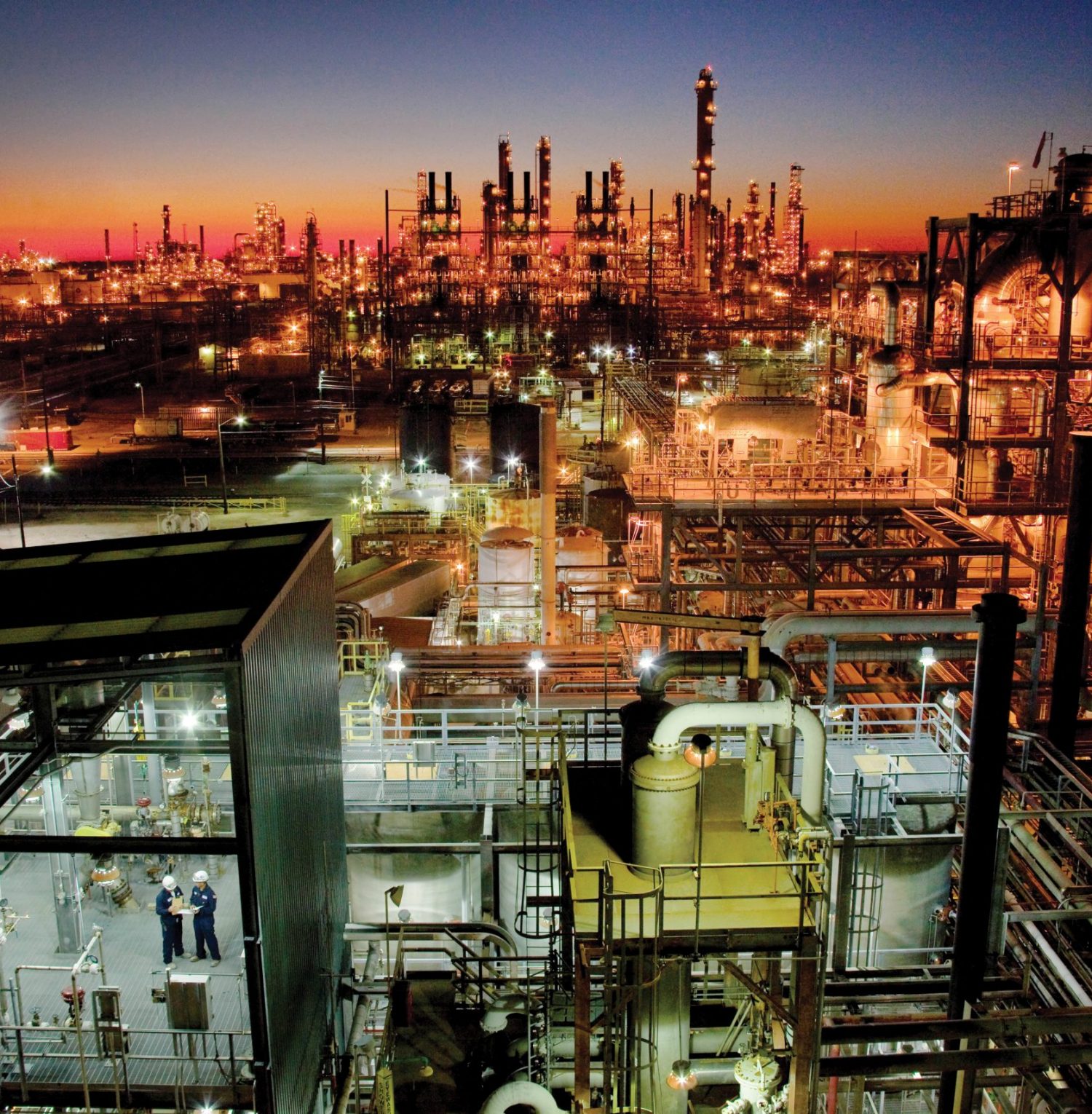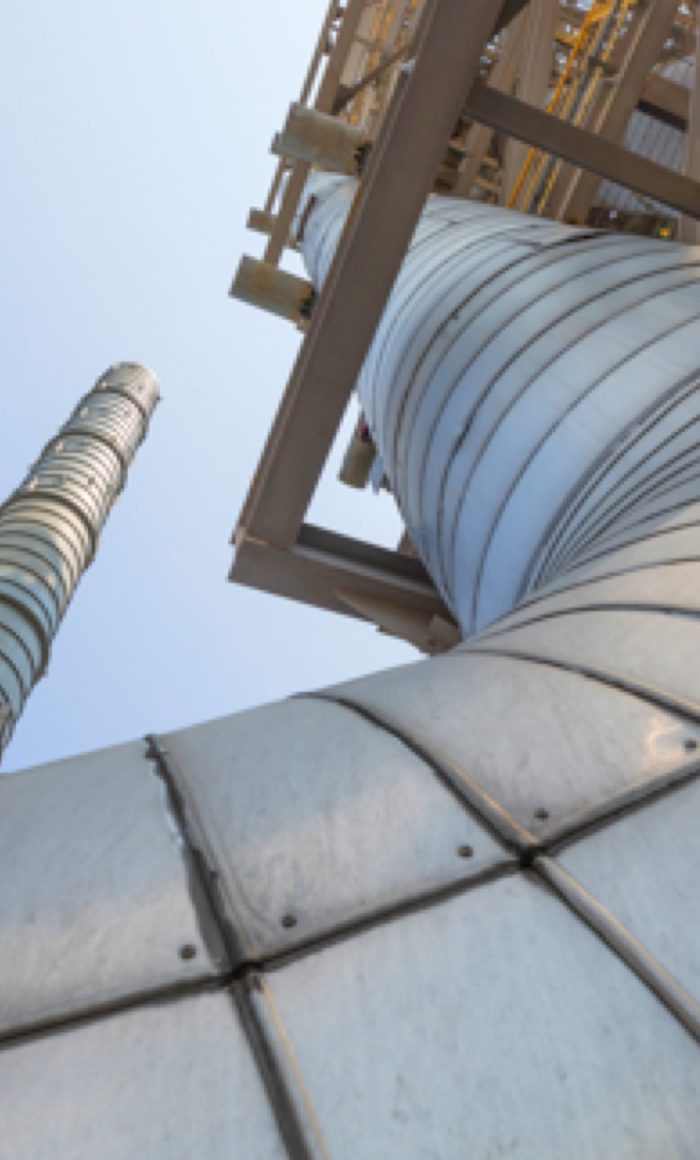The sky really is the limit when it comes to innovative solutions.
When energy company ExxonMobil needed to carry out an annual product inventory, or stock take, at its Singapore Chemical Plant (SCP) polymer storage facility last year, they encountered a hurdle: COVID-19.
Usually, this stocktake involves a number of third-party workers coming to the site to count and verify the listed materials at the facility.
However, the company wanted to lower the risk of COVID transmission by keeping the number of outsiders to the minimum.
Hence, ExxonMobil came up with a solution to overcome this issue: drones.
By using an eye in the sky to count and track its materials, the company not only avoided the potential health risks associated with COVID, but it also saw the added benefits of lower costs as well as a higher counting accuracy.
The drones were utilised by a multi-department team including groups from logistics, engineering services, IT and controls.
The operation successfully counted more than 150,000 tonnes of materials, at only a quarter of the usual cost.
Additionally, the accuracy of the first stock count increased by about 10%.
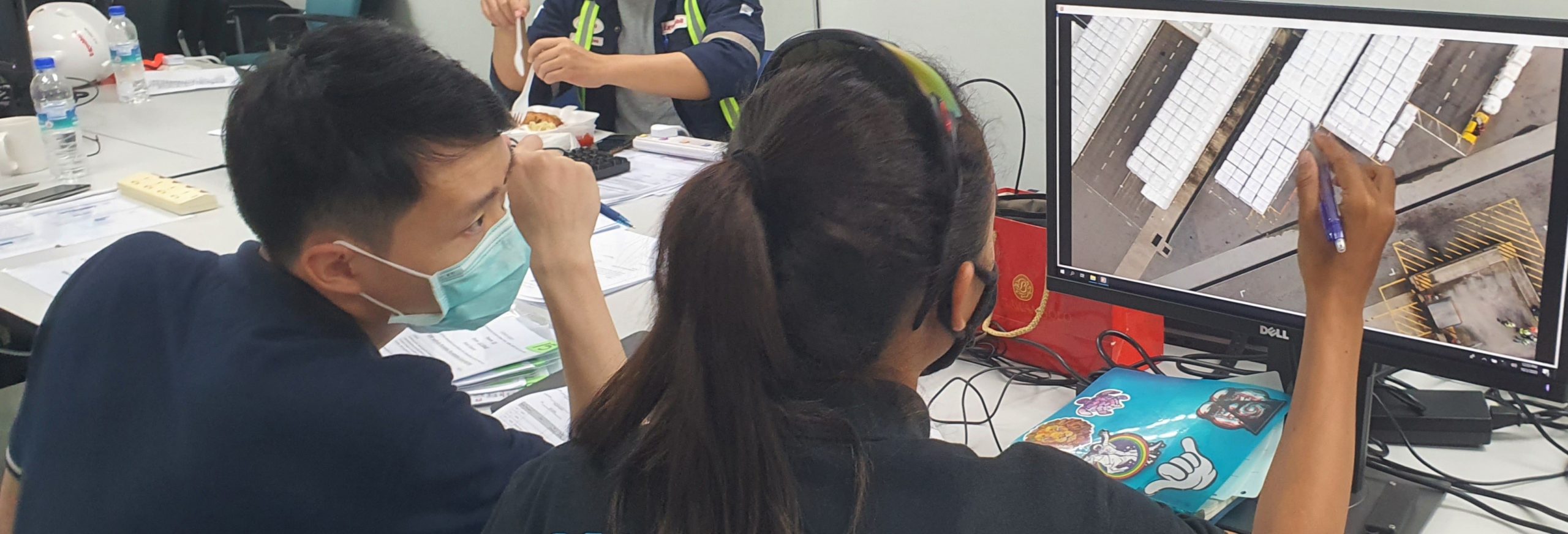
By using drones in the sky, instead of people on the ground, workers could limit exposure to COVID-19 and improve their stocktake accuracy.
The company reported this was achieved while reducing COVID-19 exposure and being in compliance with external auditors’ requirements.
Marilyn Peh, the polymer yard & shipping specialist who led the planning and execution of the stocktake, said: “The pandemic gave us this opportunity to be bold in moving out of our comfort zones and change the way we work and achieve a better result. I was amazed by the very strong support provided by various departments to make it happen.”
SCP controls manager Pauline Chan, who oversees the controls governance of business processes at the plant, said the benefits of using drones were clear, and drones “will be one of the essential tools for future stock take exercises”.
She added that oversight capabilities and stock transparency had increased from the moment the first drone lifted off.
“The information recorded in the video footage was sharp, providing strong supporting evidence, eased reconciliation throughout the exercise, and most importantly, a very high accuracy rate was achieved at the first count. With a detailed plan and strong coordination, nothing was left undetected.”
Manish Baheti, ExxonMobil’s fixed equipment and inspection technology specialist, said the success of the drones stock take was due to the high levels of planning prior to launch, with a number of field trials giving the teams insights into the capabilities – and limitations – of the technology ahead of the operation.
Manish, who spearheads the program driving the use of drone technology to enhance operations reliability at the Singapore integrated refining and petrochemical complex, which is ExxonMobil’s largest globally, added: “It’s not just about the technology, but also a clear demonstration of the outward-looking behaviour of the team, perseverance, thinking out of the box and wanting to be at the forefront of adopting innovation and creating a new norm.”
This out-of-the-box thinking is evident elsewhere in the Singapore complex, with stock-taking not the only place where drones have been utilised to improve safety and productivity.
Drones have also been used to inspect sky-high towers removing the need for workers to climb these towers.
ExxonMobil in Singapore has taken the lead on drones, with the country’s team among the first in the Corporation to develop these drone piloting and equipment inspection skills; as well, they’ve developed new site-wide safety standards for drone deployment that can be emulated globally. The drone operator permit licences, which are awarded by the Civil Aviation Authority of Singapore, allow drone operations to be conducted with in-house qualified pilots as well.
